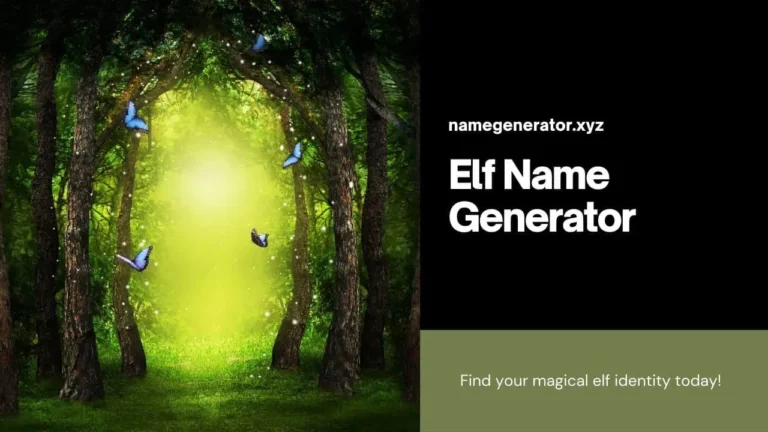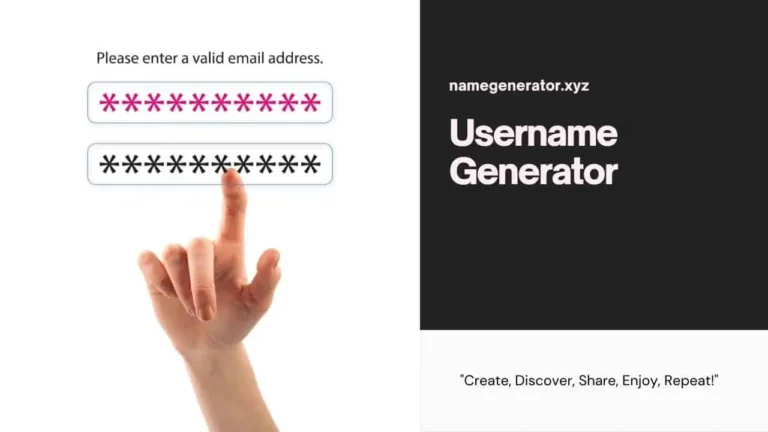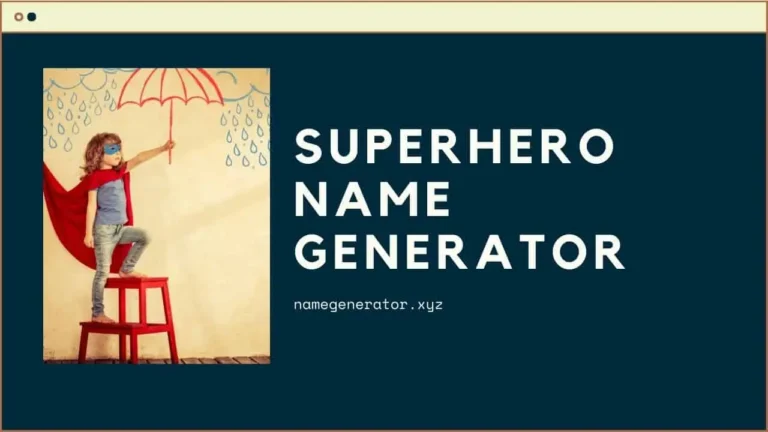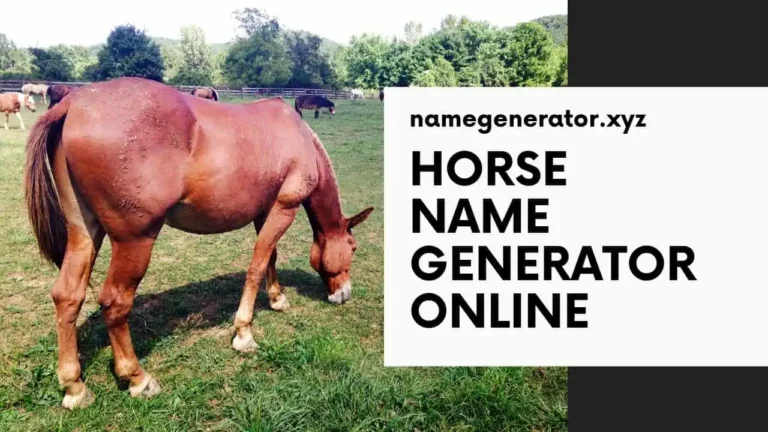Planet Name Generator: Cool, Random, and Fantasy Planet Names
Free AI Planet Name Generator
Creating a unique and captivating name for a planet can be a challenging yet exciting task, especially when you’re building worlds for stories, games, or creative projects. Whether you’re seeking cool, random names that spark curiosity or fantasy names that transport your audience to another realm, a planet name generator can be invaluable.
Explore our Planet Name Generator, which uses various methods to generate names that fit any theme or mood, from the mysterious and exotic to the futuristic and otherworldly.
Top 100 Famous Fantasy Planet Names
Here are the top 100 famous fantasy planet names, including those from popular science fiction and fantasy franchises, as well as original creations that evoke a sense of otherworldliness:
- Arrakis (Dune)
- Pandora (Avatar)
- Tatooine (Star Wars)
- Krypton (Superman)
- Endor (Star Wars)
- Dagobah (Star Wars)
- Gallifrey (Doctor Who)
- Vulcan (Star Trek)
- Hoth (Star Wars)
- Coruscant (Star Wars)
- Naboo (Star Wars)
- Alderaan (Star Wars)
- Yavin (Star Wars)
- Mustafar (Star Wars)
- Kashyyyk (Star Wars)
- Bespin (Star Wars)
- Cybertron (Transformers)
- Asgard (Marvel Universe)
- Thra (The Dark Crystal)
- Xandar (Marvel Universe)
- Knowhere (Marvel Universe)
- Apokolips (DC Universe)
- Oa (Green Lantern)
- Risa (Star Trek)
- Zebes (Metroid)
- Reach (Halo)
- Elysium (Elysium)
- Sanctuary (Diablo)
- Zenn-La (Silver Surfer)
- Ego (Marvel Universe)
- Helion Prime (Riddick)
- Krypton (DC Universe)
- Luna (The Moon)
- Orion (Various Mythologies)
- Proxima (Proxima Centauri)
- Ragnarok (Marvel Universe)
- Xen (Half-Life)
- Zog (Futurama)
- Terra Nova (Various Sci-Fi)
- Arda (J.R.R. Tolkien)
- Bajor (Star Trek)
- Qo’noS (Star Trek)
- Ryloth (Star Wars)
- Skaro (Doctor Who)
- Talos IV (Star Trek)
- Titan (DC Universe)
- Wakanda (Marvel Universe)
- Midgard (Norse Mythology/Marvel Universe)
- Mogo (Green Lantern)
- Skaarj (Unreal Tournament)
- Tython (Star Wars)
- Valyria (Game of Thrones)
- Nirn (The Elder Scrolls)
- Tamriel (The Elder Scrolls)
- Umbara (Star Wars)
- Vogsphere (The Hitchhiker’s Guide to the Galaxy)
- Yavin 4 (Star Wars)
- Zebes (Metroid)
- Pern (Dragonriders of Pern)
- Sakaar (Marvel Universe)
- Korriban (Star Wars)
- Dromund Kaas (Star Wars)
- Azeroth (World of Warcraft)
- Argus (World of Warcraft)
- Mordor (The Lord of the Rings)
- Cybertron (Transformers)
- Fantasia (The NeverEnding Story)
- Zenn-La (Marvel Universe)
- Nebulon (Marvel Universe)
- Rhea (The Expanse)
- Giedi Prime (Dune)
- Lothal (Star Wars Rebels)
- M4 (Star Trek)
- Ragnarok (Marvel Universe)
- Raxacoricofallapatorius (Doctor Who)
- Chronos (Marvel Universe)
- Gaea (Various Mythologies)
- Xandar (Guardians of the Galaxy)
- Valhalla (Norse Mythology/Marvel Universe)
- Ryloth (Star Wars)
- Tauron (Battlestar Galactica)
- Seti Alpha V (Star Trek)
- Teegarden b (Exoplanet)
- Sirius B (Star Trek)
- Ocampa (Star Trek: Voyager)
- Omega (Mass Effect)
- Pandorum (Pandorum)
- Ceti Alpha V (Star Trek)
- Betazed (Star Trek)
- Epsilon Eridani (Various Sci-Fi)
- Charon (Greek Mythology)
- Dathomir (Star Wars)
- Gallia (Alternate History)
- Hades (Greek Mythology)
- Ivalice (Final Fantasy)
- Ilum (Star Wars)
- Jedha (Star Wars)
- Lorien (The Matrix)
- Mantrid (Lexx)
- Nar Shaddaa (Star Wars)
These names are drawn from a mix of famous sci-fi and fantasy works, video games, and mythology, making them recognizable and evocative of rich, fantastical worlds.
How to Name a Fantasy Planet
Naming a fantasy planet involves creativity and careful consideration of several factors to ensure the name resonates with the world you’re building. Here’s a step-by-step guide to help you craft the perfect name for your planet:
1. Consider the Atmosphere and Environment
Start by imagining the planet’s physical characteristics. Is it a lush, green world filled with forests, or a barren wasteland covered in volcanic ash? Names like “Verdalia” or “Ashthorn” can reflect these qualities. The atmosphere—whether breathable or toxic, calm or stormy—can also inspire names, like “Zephyrion” for a windy world or “Noxium” for a toxic one.
2. Reflect the Culture and Language Influences
If your planet has inhabitants, consider their culture and language. Names influenced by the planet’s primary civilization can make your world feel more authentic. For instance, a planet inhabited by a warrior culture might have a strong, commanding name like “Valgor.” Drawing from real-world languages, especially ancient ones like Latin or Norse, can add a unique twist, such as “Ragnarok” or “Umbra.”
3. Highlight Celestial Characteristics
Think about the celestial features of your planet—its position in a solar system, the number of moons, or its proximity to a star. Names like “Solara” for a sun-scorched world or “Lunaris” for a moon-dominated planet can give readers an immediate sense of its place in the cosmos.
4. Avoid Common Naming Pitfalls
Many writers fall into the trap of overusing certain tropes or choosing names that are hard to pronounce. Steer clear of overly complex or cliché names like “Xyn’trelliath” unless you have a good reason for them. Opt for names that are easy to read and say, like “Astra” or “Eldoria.” Also, avoid names too similar to existing planets, which can confuse readers. A name like “Jupiteron” might feel uninspired and too derivative.
5. Experiment with Word Blending
Combine parts of words related to the planet’s characteristics. For example, merging “luminous” and “terra” could create “Luminterra,” suggesting a bright and vibrant world. Word blending allows you to create something unique yet recognizable, adding a layer of familiarity while maintaining originality.
6. Keep It Short and Memorable
Names that are concise tend to stick with readers. Aim for one or two syllables if possible, like “Nyx” or “Vega,” to ensure the name is easy to remember and doesn’t bog down your narrative.
Naming your fantasy planet is more than just picking a cool-sounding word—it’s about encapsulating the essence of the world you’re creating. By considering the atmosphere, culture, celestial characteristics, and avoiding common pitfalls, you can craft a name that not only fits your story but also leaves a lasting impression on your audience.
Categories of Fantasy Planet Names
Naming a planet in your fantasy story can be as fun and varied as the world you’re creating. Here are some distinct categories to guide your planet-naming process, along with examples and inspirations to spark your creativity.
Mythological-Inspired Names: Mythology is a rich source of inspiration when naming planets. Drawing from Greek, Roman, Norse, and other ancient myths allows you to imbue your planet with an aura of history and mystery. For instance, names like “Asphodel” or “Olympus” might evoke themes of ancient deities, while “Valhalla” suggests a place of warriors and honor. These names not only sound powerful but also come with built-in connotations that can enrich your story’s world. If your planet has a dominant godlike figure or an ancient past, this is a great direction to explore.
Elemental Themes: Planets with names inspired by natural elements—such as fire, water, earth, and air—can instantly convey a lot about the environment or culture of your world. For example, “Ignis” or “Pyrrhus” might hint at a fiery landscape, while “Aqualis” suggests a water-based environment. This approach allows you to play with the characteristics of the planet itself, creating names that reflect its physical and magical properties. Elemental names can be tweaked to fit a variety of tones, from tranquil and serene (like “Zephyria” for a breezy, sky-like world) to dark and foreboding (such as “Obsidion” for a planet covered in volcanic rock).
Galactic and Celestial Names: Drawing inspiration from celestial bodies, stars, and cosmic phenomena can result in names that feel vast and otherworldly. Names like “Nebulon” or “Stellara” give a sense of being part of a larger universe, ideal for stories that involve space travel or interstellar cultures. You might choose names based on constellations or star clusters, such as “Orionis” or “Cassiopeia,” which instantly connect the planet to the night sky and the mysteries it holds. Celestial names often feel timeless, adding a touch of the infinite to your narrative and helping to create a sense of wonder.
Unique and Random Names: Sometimes, the best names come from mixing random syllables or inventing new words entirely. This approach is perfect if you want something truly original that isn’t rooted in any existing language or mythology. By combining syllables that sound appealing, such as “Zyphor” or “Quirilis,” you can create names that feel fresh and distinctive. This method also allows for the incorporation of fantasy languages or influences from your story’s unique cultures, making the name feel like a natural extension of the world you’ve built. If you’re using a naming generator, this is often the category that can produce the most surprising and delightful results.
Naming a fantasy planet is an art in itself, blending creativity, story elements, and cultural influences. Each category offers a different way to approach the task, helping you find the perfect name that captures the essence of your imagined world.
How are Fantasy Planets Named
Naming a fantasy planet is like unlocking a universe of possibilities. Unlike our real-world celestial names, often rooted in mythology or science, fantasy planet names are born purely from imagination. They aren’t just labels; they’re the first step in bringing a fictional world to life, filled with its own history and culture.
The process often begins with a spark of inspiration—whether it’s a word, a sound, or a feeling that captures the planet’s essence. Some names reflect the environment, like “Aquaelon” for a water-covered world, while others hint at the inhabitants, such as “Zyphron,” suggesting a world of swift, wind-like beings.
Phonetics plays a key role in shaping these names. The sound must match the planet’s vibe: harsh consonants for rugged worlds like “Klytor,” or softer tones for serene places like “Lunara.” A well-crafted name also evokes mystery and curiosity, inviting exploration—think of “Nebulon” with its hidden mists or “Solara,” basking in eternal daylight.
Ultimately, naming a fantasy planet is an art form, blending sound, meaning, and imagination to create a name that draws you into a world waiting to be explored.
Explore our Other Popular Name Generators
- Elf Name Generator: DND Elvish Names
- Warrior Cat Name Generator
- City Name Generator: Fantasy, Random, Ancient, and Modern
- Dungeons and Dragons Name Generator
- Username Generator: Random, Cool, Cute, and Trendy Name Ideas
- Superhero Name Generator Based on Power and Name
- Harry Potter Name Generator: Nick Name, First Name, Last Name and More






